🐕 Puppy Breeds Guide: the Best Puppy for Your Family
🐾 Introduction
Choosing a puppy isn’t just about falling in love with a cute face — it’s about finding a lifelong companion who fits your energy, habits, and home environment.
From the playful Golden Retriever to the calm Cavalier King Charles Spaniel, every breed has unique traits that influence how well they’ll adapt to your daily life.
In this guide, you’ll learn how to choose the perfect puppy breed based on your lifestyle, living space, and personality.
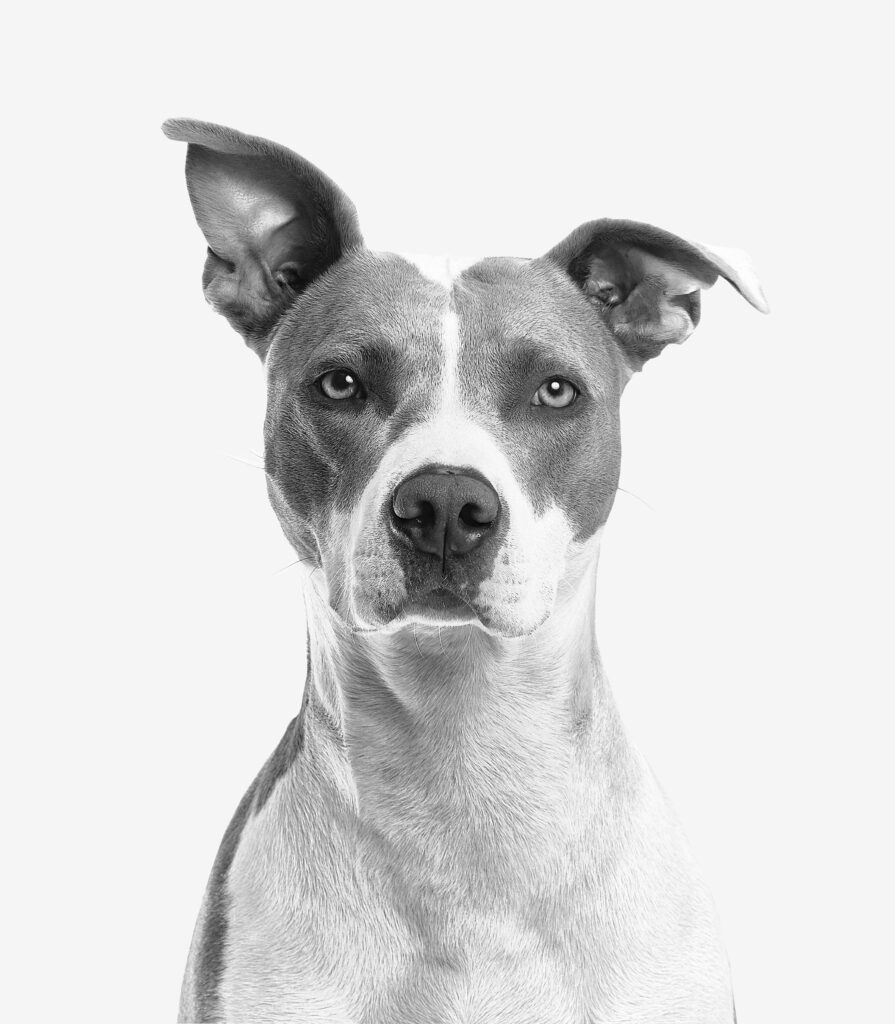
💡 Why the Right Breed Matters
A dog’s breed influences everything — from their exercise needs to how they interact with kids, strangers, or other pets.
Selecting a breed that suits your lifestyle ensures:
✅ Easier training and bonding
✅ Less stress for both you and your dog
✅ A happier, balanced relationship
💬 Remember: the “best” breed isn’t the cutest one — it’s the one that truly fits you.
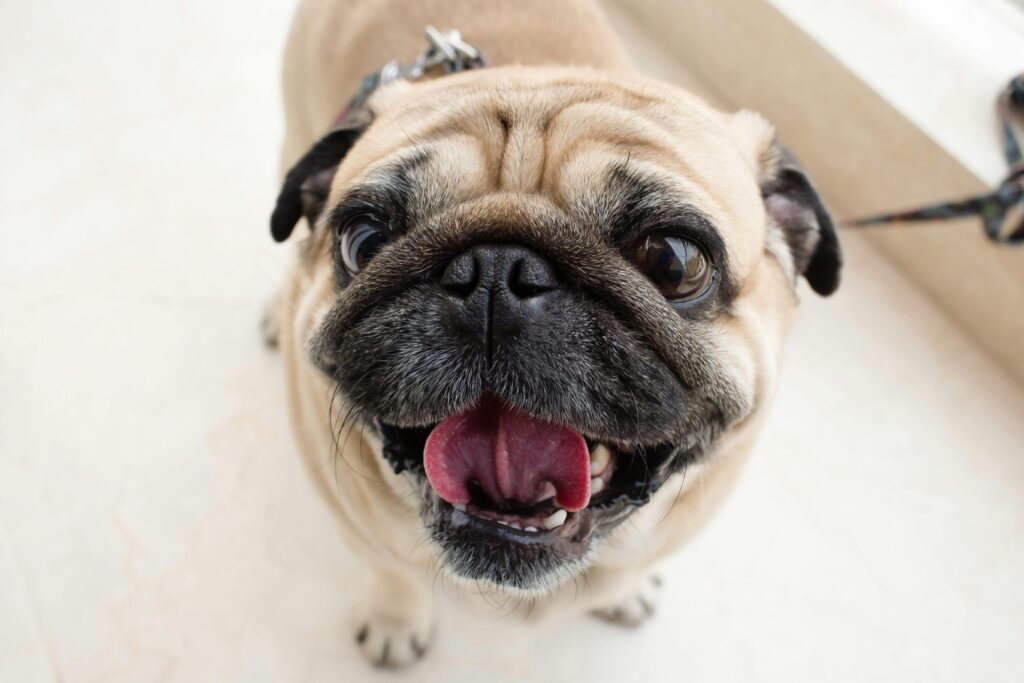
🧩 Step 1: Evaluate Your Lifestyle
Before you browse adoption sites, take an honest look at your routine and personality.
🕒 How active are you?
- 🏃♂️ Very active: You love hiking, jogging, and outdoor adventures → Choose breeds like Border Collie, Labrador Retriever, or Australian Shepherd.
- 🏡 Moderately active: You enjoy short walks or park time → Cocker Spaniel, Cavapoo, Mini Goldendoodle are great matches.
- 🛋️ Low activity: You prefer relaxing at home → French Bulldog, Shih Tzu, or Pug will love the calm pace.
👨👩👧 Do you have kids or other pets?
Some breeds are more tolerant and patient with children or other animals.
- Golden Retrievers, Labradors, Beagles, and Boxers are great family companions.
- Small breeds like Chihuahuas or Yorkies may be less suitable for very young kids.

🏙️ Where do you live?
| Environment | Ideal Breed Type |
|---|---|
| Apartment | Small or calm breeds (French Bulldog, Cavalier King Charles Spaniel, Maltese) |
| Suburban home | Medium breeds (Cocker Spaniel, Goldendoodle, Beagle) |
| Country house | Large, energetic breeds (German Shepherd, Golden Retriever, Border Collie) |
🧠 Step 2: Understand Breed Temperament
Temperament defines how a dog behaves, learns, and reacts to its environment.
Here are the main temperament categories:
| Temperament Type | Personality | Example Breeds |
|---|---|---|
| Energetic & Playful | Needs lots of activity, ideal for outdoor families | Labrador, Border Collie, Jack Russell |
| Calm & Gentle | Great for small homes or elderly owners | Cavalier King Charles, Basset Hound |
| Protective & Loyal | Excellent watchdogs, need training | German Shepherd, Rottweiler |
| Independent & Smart | Curious and self-reliant, needs stimulation | Shiba Inu, Poodle |
| Affectionate & Friendly | Loves cuddles and people | Golden Retriever, Maltipoo |
💡 Temperament consistency helps predict behavior, but individual training always shapes the outcome.
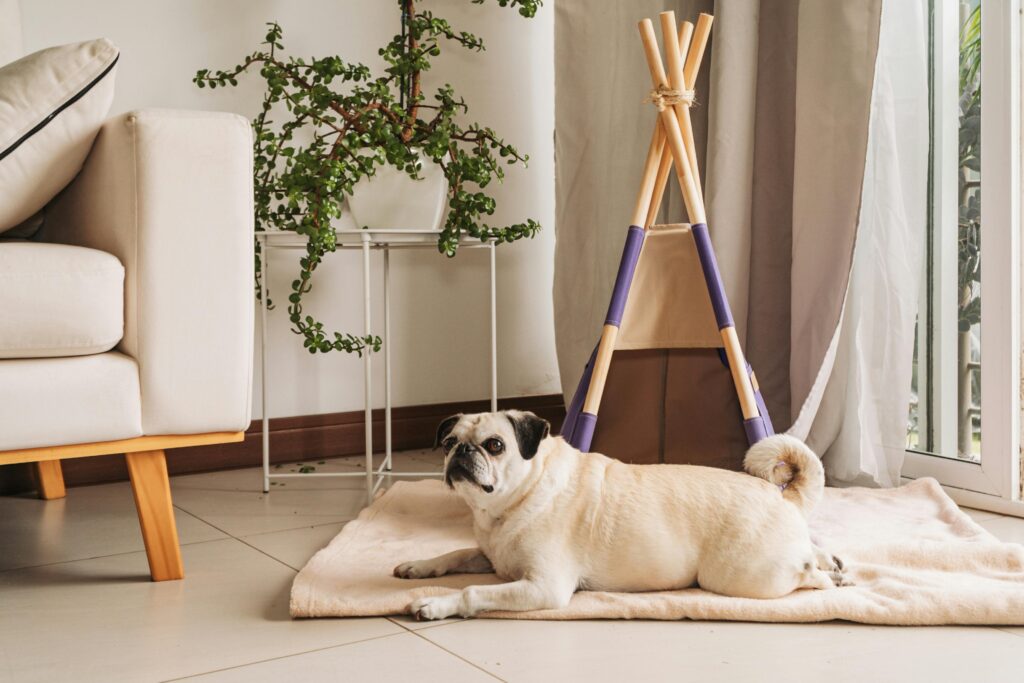
🐕 Step 3: Consider Size and Space
Your puppy’s size impacts not only space but also cost, feeding, and exercise routines.
| Size | Examples | Daily Needs |
|---|---|---|
| Small (under 20 lbs) | Chihuahua, Dachshund, Maltese | Short walks, indoor playtime |
| Medium (20–50 lbs) | Cocker Spaniel, Beagle, Border Collie | 1–2 walks per day |
| Large (50–90 lbs) | Golden Retriever, Labrador | Long walks, yard space |
| Giant (90+ lbs) | Great Dane, Mastiff | Ample space, structured training |
⚠️ Large breeds grow quickly and need strong bones — a balanced diet is crucial.
💰 Step 4: Budget for Long-Term Care
Owning a puppy means lifelong expenses, not just the adoption fee.
| Cost Category | Small Breed | Large Breed |
|---|---|---|
| Food | $20–30/month | $50–80/month |
| Vet Visits | $200–400/year | $300–600/year |
| Grooming | $30–60/session | $60–100/session |
| Training | $100–300 | $150–400 |
💡 Small dogs eat less and live longer, but large dogs bring unmatched energy and companionship.
🧬 Step 5: Research Breed Health
Some breeds are prone to genetic health issues.
Knowing them helps you choose wisely and prevent future problems.
| Breed | Common Issues | Prevention |
|---|---|---|
| French Bulldog | Breathing issues (brachycephalic) | Avoid overheating, short walks |
| German Shepherd | Hip dysplasia | Regular exercise, joint supplements |
| Dachshund | Back problems | Avoid stairs and jumping |
| Labrador Retriever | Obesity | Controlled diet, daily exercise |
| Poodle | Ear infections | Regular grooming |

🏠 Step 6: Decide Between Adoption and Breeder
🐾 Adoption
✔️ Saves a life
✔️ Lower cost
✔️ Often includes vaccines and spay/neuter
⚠️ May have mixed breeds or limited history
🏡 Responsible Breeder
✔️ Purebred puppy with documented lineage
✔️ Predictable temperament and size
⚠️ Higher cost and waitlist
⚠️ Beware of puppy mills
💬 Always meet the breeder in person, check living conditions, and request health certificates.

🐩 Step 7: Match Your Personality
| Personality Type | Best Match Breeds |
|---|---|
| Adventurous | Australian Shepherd, Labrador, Husky |
| Relaxed | Pug, Shih Tzu, Basset Hound |
| Organized & Calm | Poodle, Sheltie, Golden Retriever |
| Creative & Playful | Cavapoo, Maltipoo, Cocker Spaniel |
| Protective or Loyal | German Shepherd, Rottweiler, Doberman |
💬 Your dog mirrors your energy — choose a breed that complements, not clashes, with your rhythm.
🧸 Step 8: Test Compatibility Before Adoption
Before committing, spend time with the puppy (or breed) to ensure emotional fit.
✅ Visit shelters or breeders several times
✅ Observe how the puppy interacts with people and other pets
✅ Ask the caretaker about energy, eating, and play habits
💡 First impressions are great, but consistency reveals true personality.
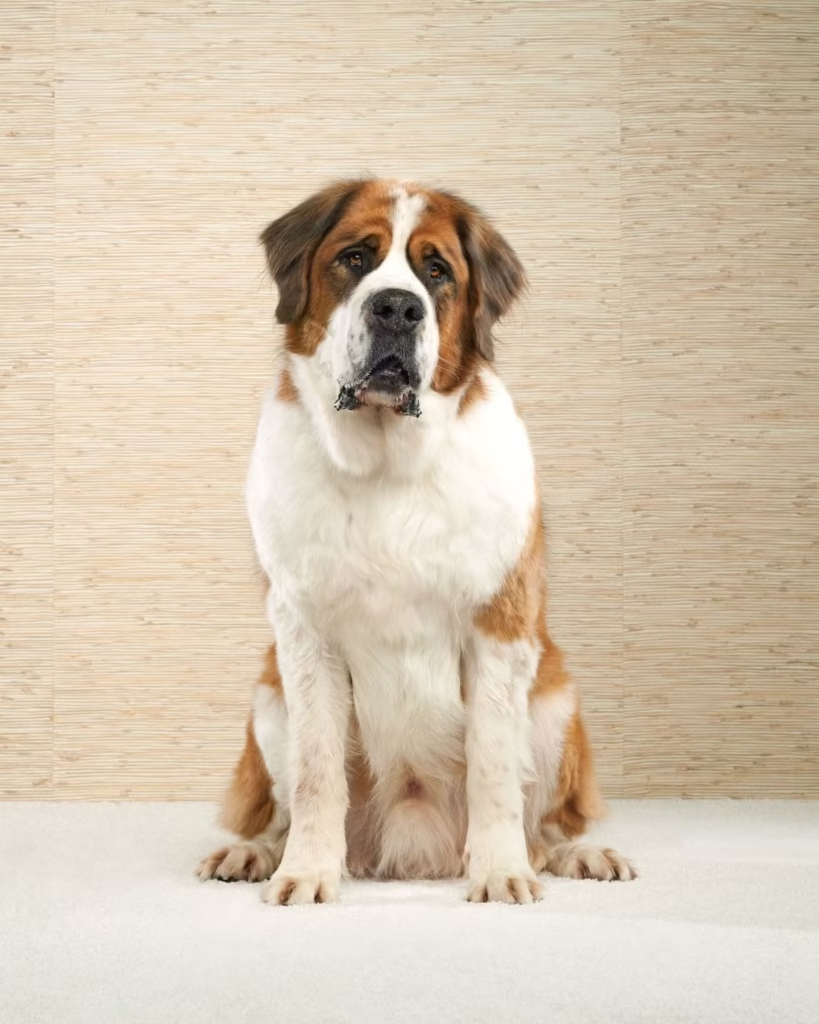
🌎 Step 9: Consider Climate and Location
Some breeds thrive in cold, others in warmth.
| Climate | Suitable Breeds |
|---|---|
| Hot climates | Chihuahua, Basenji, Dalmatian |
| Cold climates | Husky, Samoyed, Bernese Mountain Dog |
| Humid areas | Poodle, Maltese (low shedding) |
🧭 Step 10: Trust Your Instinct
At the end of all research, the most important connection is emotional.
When you meet “the one,” you’ll know — but your choice will be stronger because it’s backed by understanding and care.
💖 Love starts with connection, but lasts through compatibility.
🐕 Conclusion
Choosing the right puppy is about more than looks — it’s about balance, care, and mutual happiness.
When you match a breed’s energy, temperament, and size to your daily life, you create the foundation for a lifelong friendship built on harmony and love.
🐾 Your perfect puppy is out there — waiting for a home that truly fits.
💬 Puppy Breed FAQ
What’s the best puppy breed for beginners?
Golden Retrievers, Cavapoos, and Poodles are easy to train and very affectionate.
Which breeds are best for apartments?
French Bulldog, Cavalier King Charles Spaniel, and Maltese adapt well to small spaces.
Which breeds are low maintenance?
Beagle, Boston Terrier, and Chihuahua need minimal grooming.
How can I tell if a breed suits my schedule?
Ask yourself: “Can I meet this breed’s exercise and attention needs daily?”
Are mixed-breed puppies healthy?
Yes — mixed breeds often have stronger immune systems and fewer genetic issues.

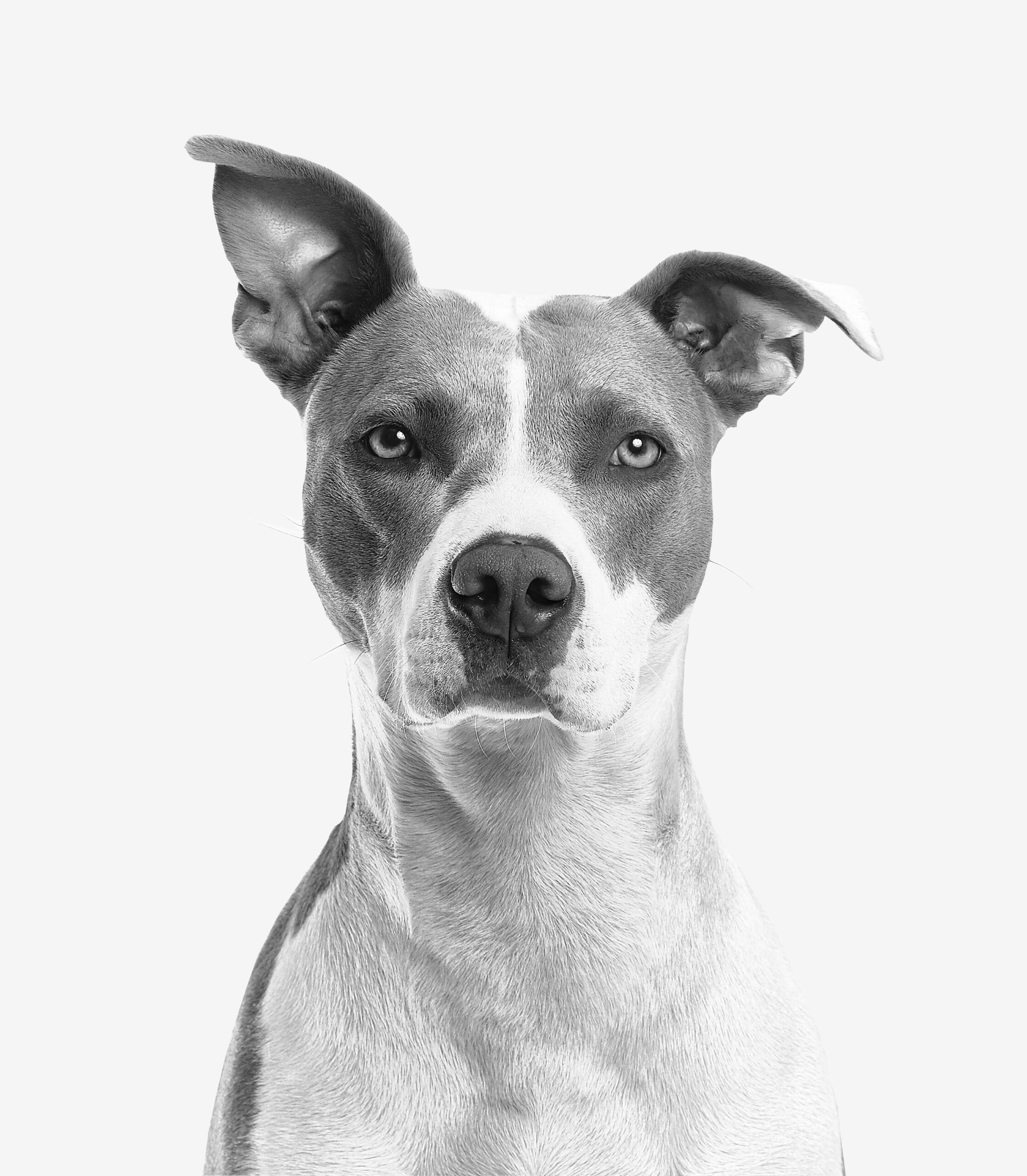
Leave a Reply